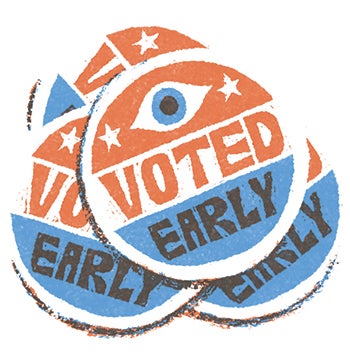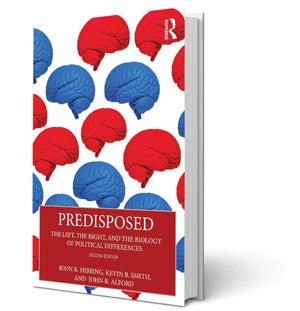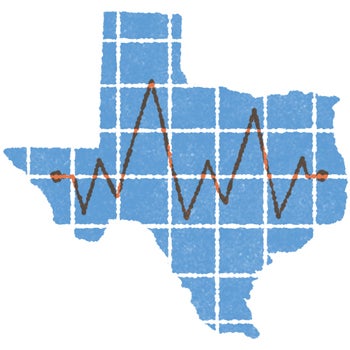Just the Facts
Here’s a sampling of faculty whose research informs the public during this — and every — election season.
Fall 2024
By Lynn Gosnell | Illustrations by James Heimer

Early voting = higher turnout? Think again.
Political scientist Robert Stein and a research team that dug into voter data found that early voting laws have minimal impact on voter turnout. That’s because the impact of early voting on overall turnout is contingent upon a campaign’s strategies for outreach and education. “Candidates do not necessarily win by turning out more voters. … The last thing you want to do is turn out a voter who is not absolutely certain they’re going to vote for [your candidate],” Stein says.
Robert Stein is the Lena Gohlman Fox Professor of Political Science.
Peers and partisanship
Political scientist Tanika Raychaudhuri studies how Asian Americans learn about American politics and acquire partisan views. Her research reveals that political cues from peers are far more influential than family leanings. This research “has important implications for understanding political behavior in immigrant communities and the future of American electoral politics,” Raychaudhuri says.
Tanika Raychaudhuri is assistant professor of political science.

Brain-deep divisions
In an updated edition of “Predisposed: The Left, the Right, and the Biology of Political Differences” (Routledge, 2024), political scientist John Alford and co-authors John R. Hibbing and Kevin B. Smith dive into the neuroscience of partisan thinking. The left and the right “have different neural architecture and display distinct brain waves in certain circumstances.” John Alford is professor of political science.
“If the current election season has you thinking that your political opponents are from a different planet — or at least a different species — you may not be far from wrong.” — John Alford
Election integrity
Rice psychologists Michael Byrne and Philip Kortum research the ways “human factors” impact voting integrity with the goal of designing systems that improve elections operations. They scrutinize “the sort of things that don’t get much attention,” Byrne says — poll worker training, voting machine and ballot design, how voters get information, and how ballots are counted.
Michael Byrne is professor of psychological sciences, and Philip Kortum is professor of psychology.
 Gauging Texans’ opinions
Gauging Texans’ opinions
What do Texas voters think about issues that impact their lives and are likely to be of interest to state policymakers? Political scientist Mark Jones, in partnership with the Hobby School of Public Affairs at the University of Houston, takes the pulse of Texans via public opinion polling on topics such as vote intention, school vouchers, housing costs, casino gambling, gun control and immigration. — LG
Mark Jones is professor of political science, Political Science Fellow at Rice’s Baker Institute for Public Policy and the Joseph D. Jamail Chair in Latin American Studies.
